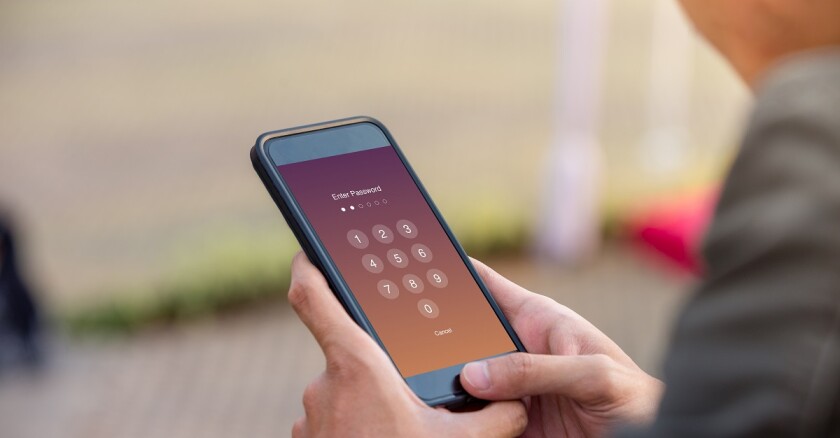That dilemma came to light in 2016 when San Bernardino wanted access to the phone carried by a mass killer. But Apple wouldn’t cooperate, sticking with arguments about privacy and personal security.
Now the issue is surfacing again. Attorney General William Barr wants Apple to unlock the phone used by a suspect charged with killing three sailors at a Florida Navy base. There’s an added ingredient: The shooter was a Saudi with alleged ties to terrorist groups. As before, Apple is hanging back.
Despite the terrorism link, the tech company’s case remains just as convincing. Giving away access to law enforcement sounds appealing, but it comes with risks. Investigators may want to crack a phone on major crimes now but could go after lesser ones later. Also, if Apple offers a back door to phone data, that pathway could be discovered and exploited by hackers. In official hands in China or Russia, that access could be used to go after protesters facing specious criminal charges.
There’s another tidbit that Barr overlooks. A handful of tech firms have sprung up to offer ways to peer into iPhones. The firms sell their services only to law enforcement, minimizing the market while giving investigators what they want. Barr may be overdoing the helpless act.
Apple is no angel when it comes to online privacy. One of its defenses is the ocean of data out there for police to examine without snooping into smartphones. The company, as much as any firm, has harvested and marketed its customers iPhone habits, making the privacy argument tenuous. No doubt Barr is playing to public distrust of a tech giant like Apple.
But giving the Justice Department whatever it wants would be a mistake. Less snooping, even in the most dire cases, is preferable. It’s time to power down on Barr’s demand.
This commentary is from The Chronicle’s editorial board. We invite you to express your views in a letter to the editor. Please submit your letter via our online form: SFChronicle.com/letters.
©2020 the San Francisco Chronicle. Distributed by Tribune Content Agency, LLC.








